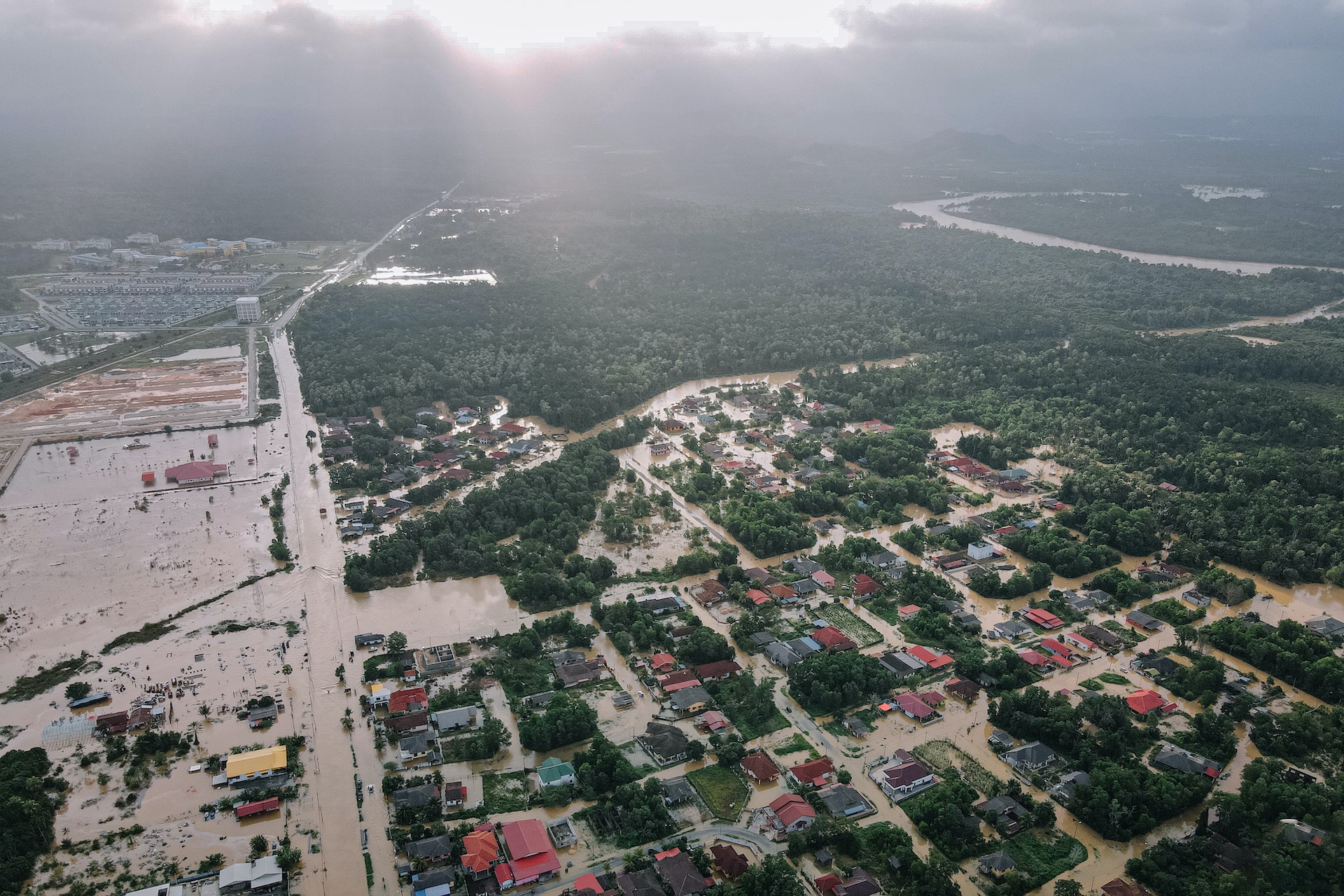There are various reasons for flooding, including a broken dam. When heavy rains come, or water levels rise, older infrastructure can break and unleash torrents of water on your home. Storm surge also contributes to flooding, increasing sea levels and covering normally dry coastal areas. Tsunamis, also known as giant waves caused by underwater volcanic eruptions or earthquakes, can cause flooding, pushing water inland.
Coastal Flooding
Coastal cities face a high risk of flood damage Brunswick, and recent studies have estimated that the costs of damage from sea level rise could be $1 trillion a year. Rising sea levels and rapid urbanization have increased flooding risks, and scientists expect the cost of future floods to be even worse. Developing strategies to reduce flood risks and protect coastal communities will require substantial investments in structural defenses and better planning.
Heavy Rains
The most significant contributor to flood damage in the United States is rainfall. Heavy rains can cause flooding when rivers overflow their banks and flow over land. In most areas, heavy rains do not necessarily need to fall on the same room to cause flooding. High amounts of rainfall cause flooding, but various factors can lead to severe flooding. The erosive force of rain can weaken the foundations of buildings and cause them to tumble and crack.
Ocean Waves
A massive type of ocean wave may be responsible for the recent flooding along the southeast coast of the United States. The study, published in Nature Communications, indicates that waves that travel thousands of kilometers from the beach may have caused the flooding. As a result, floodwaters may have been 10 centimeters higher than average. While it is unclear if waves caused the flooding, the study suggests that the rising water level may have been triggered by a massive, slow-moving ocean wave known as a Rossby wave.
Ice Jams
While the two types of flooding have similarities, ice jams are not the same. These floods can be devastating and can disrupt shipping and industrial facilities. As a result, homeowners insurance and flood insurance companies may dispute the underlying cause of the damage. In some cases, homeowners insurance will argue that ice jams caused the flood, while flood insurance will say that the ice jam caused the flooding. This can lead to a lengthy litigation process that may prolong the settlement.
Spring Thaw
The spring thaw brings with it the threat of flooding and ice dams. It also means that homeowners, businesses, and municipalities are anxious to get out of the winter’s deep freeze. First, however, homeowners and business owners should be aware of the effects of spring thaw and flood damage to avoid unnecessary problems. Homeowners can avoid hefty restoration costs by taking preventative measures and implementing proper flood insurance coverage.
Extreme Weather Conditions
The severity and frequency of extreme weather events are increasing across the globe, primarily as a result of increased greenhouse gas emissions. While there are many contributing factors and natural climate variability, these factors are linked to rising global average temperatures. Studies will reveal whether a warming climate makes a particular event more common or severe. Until then, we should be vigilant about what we can do to protect ourselves and our communities.



